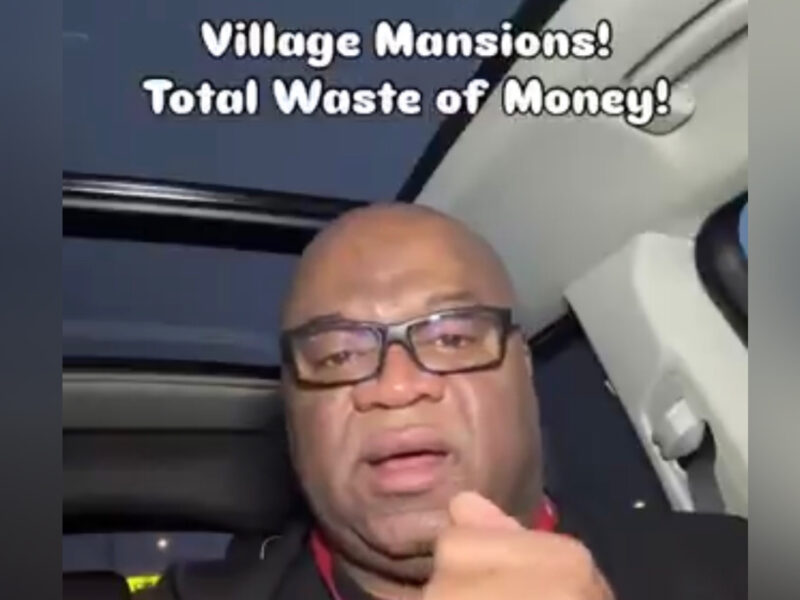Canadian-Nigerian Dr. Zo Challenges Tradition of Building Mansions in Villages
Dr. Arinze Onwumelu, a Canadian-based Nigerian physician known as Dr. Zo, has raised pertinent questions about the financial feasibility of constructing mansions in rural villages, a practice deeply rooted in Igbo culture. In his recent commentary, he highlighted the need for a reevaluation of this longstanding tradition in light of contemporary financial realities.
“I am Igbo and hail from the eastern part of Nigeria,” Dr. Zo stated, emphasizing a cultural expectation that deems the construction of a grand home in the village essential for masculine status and economic success, often referred to as being an “Odogwu.” He shared his observations from the past holiday season, noting a significant number of people returning to their villages to unveil their impressive homes. “It seems to be a fixation primarily within the eastern regions, at least,” he remarked.
The doctor expressed his skepticism about the economic returns on such investments, suggesting that funds allocated for lavish homes in villages could yield much greater returns if invested in urban areas. “I occasionally ponder over our supposed financial acumen as Igbos. Investing in a property in Lagos, Abuja, Port Harcourt, or even Enugu could have earned me over N100 million in the last five years,” he stated.
While not outrightly dismissing the idea of rural property ownership, Dr. Zo advocated for a more sensible approach. He advised his younger peers to consider building modest homes instead of grand estates. “A simple four-bedroom house with a spacious compound can still maintain a connection to our roots without needing to erect a mansion that swallows up the village,” he noted.
Drawing from his personal experiences, Dr. Zo shared the complications that come with maintaining such properties. “I have been in a similar situation, and like my father and his friends, I can attest that we are now burdened by the upkeep of these homes. Personally, I am compelled to spend a significant amount to keep up my house, which I haven’t occupied in over four years due to various challenges such as insecurity in the area. So, I question: what is the real economic benefit? It seems to be a misguided approach.”
He further urged others to learn from past experiences. “In 25 years, the validity of this concern will become evident. Those grand houses are unnecessary; instead, invest that money in more lucrative locations to ensure financial growth. This perspective stems from a realization born of my own errors. Owning a mansion in the village may ultimately lead to a waste of time and resources.”









Join our Channel...